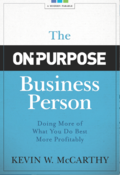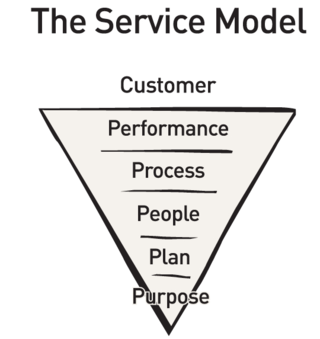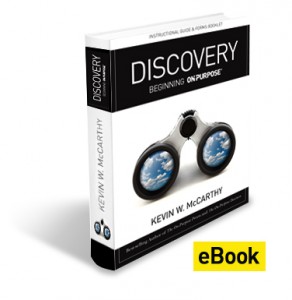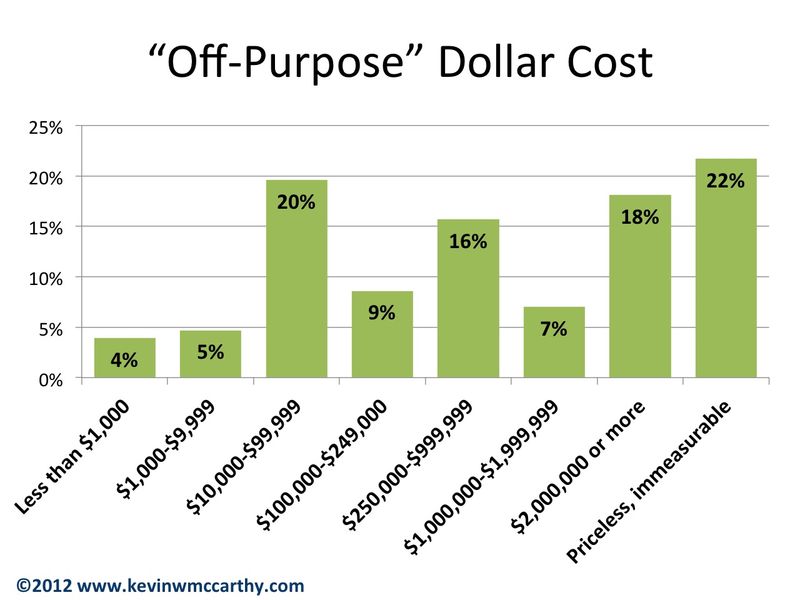As A New Year Rolls Around: What Will You Do Best in 2016?

This simple, yet highly clarifying question from this Classic On-Purpose Business Minute carries strategic value and importance to every aspect of your business and life. Your answer matters. Don’t get hung up on the perfect answer. Have a written answer that is in the ballpark. That alone will powerfully direct and clarify many decisions you face today and will face in the New Year.
The subtitle to The On-Purpose Business Person provides an important strategic statement that is so simple that one might miss the power and potential to transform your career and/or business.
Consider the centerpiece of the subtitle: Doing More Of What You Do Best More Profitably. It can transform your life, career, and business.
Have you read The On-Purpose Business Person? You’ll learn how to do more of what you do best more profitably.







